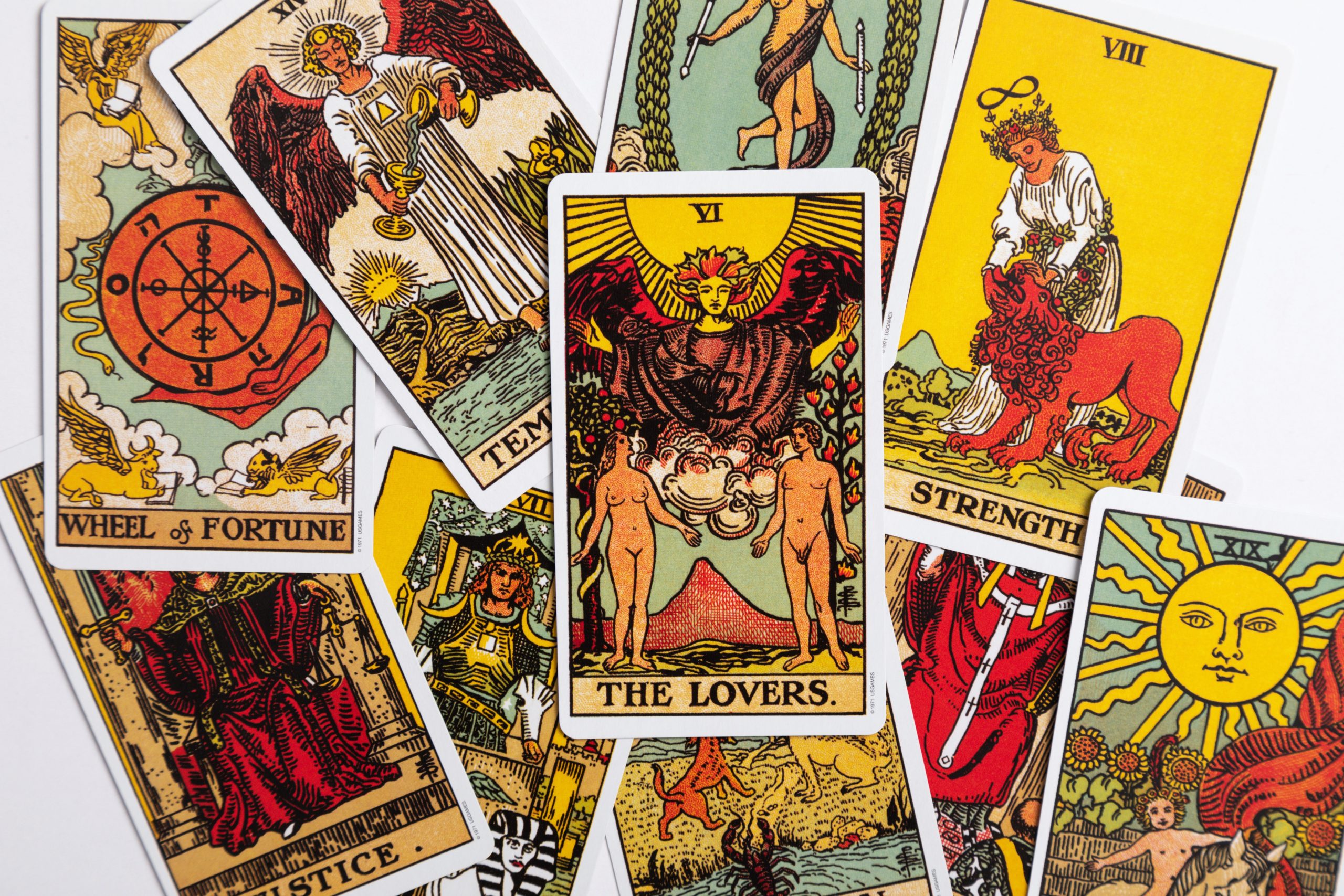Are We in the Elizabethan Era?
The Elizabethan era, also known as the Golden Age of England, was a period of great cultural and artistic flourishing that lasted from 1558 to 1603 during the reign of Queen Elizabeth I. It saw the rise of famous playwrights like William Shakespeare, the exploration of new continents, and the establishment of England as a world power. But can we truly say that we are living in a modern-day Elizabethan era? In this blog post, we will explore the similarities and differences between the two eras to answer this question.
The Elizabethan Era: A Cultural Renaissance
During the Elizabethan era, England experienced a cultural renaissance like none other. It was a time when the arts, literature, and theater flourished. The writings of William Shakespeare, Christopher Marlowe, and Ben Jonson captivated audiences and continue to do so today. The theater became a popular pastime for people from all walks of life, and plays were performed not only in London’s theaters but also in town squares and courtyards.
Today, we can draw parallels to the Elizabethan era in the way we consume and appreciate art and culture. Just as theater played a central role in Elizabethan society, film and television have become integral parts of our modern culture. We flock to cinemas and binge-watch entire series on streaming platforms. Just like the Elizabethans, we are enthralled by the power of storytelling and the escapism it provides.
The Global Stage
One of the defining features of the Elizabethan era was England’s newfound global presence. It was a time of exploration and expansion, with explorers like Sir Francis Drake and Sir Walter Raleigh sailing to uncharted territories. This led to the establishment of colonies in the New World and trade routes with the East.
Similarly, today we live in a globalized world where technology has made it easier than ever to connect with people from all corners of the earth. We can travel to far-off destinations within hours, communicate instantly with someone on the other side of the world, and access information from any country with just a few clicks. Our global interconnectedness is reminiscent of the Elizabethan era’s thirst for exploration and discovery.
Differences and Challenges
While there are similarities between our modern world and the Elizabethan era, it is important to acknowledge the significant differences and challenges we face today. One such difference is the immense technological advancements that have transformed every aspect of our lives. The internet, smartphones, and social media have revolutionized the way we communicate and interact with one another.
In contrast, during the Elizabethan era, communication was primarily through letters and messenger services. There were no instantaneous connections or social media platforms that allowed people to share their thoughts and experiences in real-time. The technological divide between the two eras illustrates just how much society has changed.
Additionally, the Elizabethan era was marked by strong religious tensions, with the Church of England established as the dominant religious institution under Elizabeth I’s reign. The era saw numerous conflicts between Catholics and Protestants, resulting in persecutions and political instability.
While religious tensions still exist to some extent today, we are fortunate to live in a more tolerant and diverse society. Freedom of religion and freedom of expression are fundamental rights that we often take for granted. Our society is more inclusive and accepting, embracing people from different religious backgrounds and beliefs.
Conclusion
While it is fascinating to draw comparisons between our modern world and the remarkable Elizabethan era, we cannot truly say that we are living in a modern-day Elizabethan era. The differences in technology, communication, and societal structures set our era apart from the Golden Age of England.
Nonetheless, we can undoubtedly find inspiration in the achievements of the Elizabethan era. The cultural renaissance and global exploration of that time continue to influence and shape our world today. Our love for art, theater, and global interconnectedness stands as a testament to the enduring legacy of the Elizabethan era.
As we navigate the challenges and wonders of our modern age, we can look back at the Elizabethan era as a beacon of inspiration, reminding us of what human creativity and exploration are capable of accomplishing.
Table of Contents
